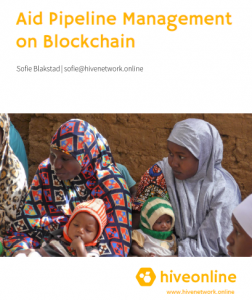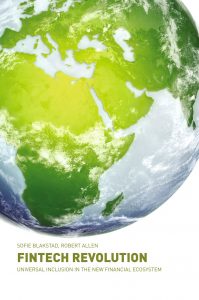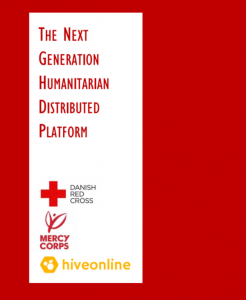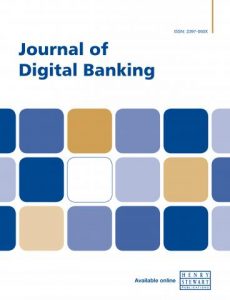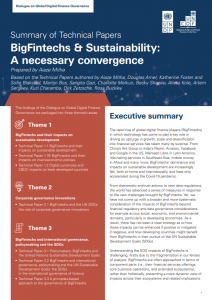
Blockchain Research
DLT Research, Education and Consultancy
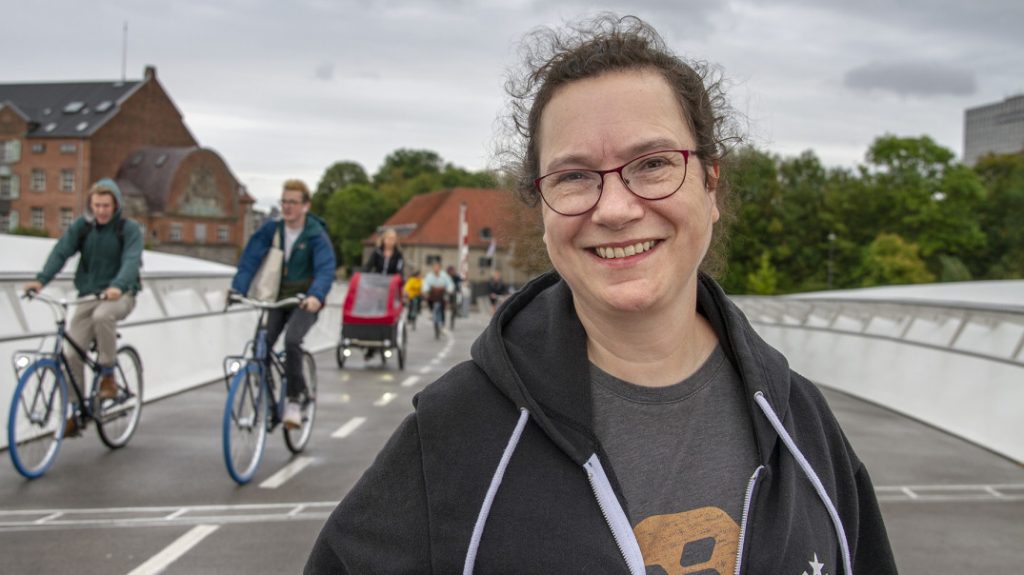
With hiveonline, organisations can learn to shape strategies and technology to meet the transformational demands of the emerging distributed economy.
Fundamental to hiveonline’s approach and technology is our deep research into economic and social impact of emerging technology and our core expertise on blockchain. We share this learning through our research and outreach activities, helping global organisations understand and lead with the rapidly evolving technology.
Sofie Blakstad, hiveonline’s CEO, is a respected authority on blockchain and digital assets, economics and development economics and leads a team with broad technical, statistical and economic knowledge. hiveonline also collaborates with a large network of research institutions and thought leaders across the emerging fintech, humanitarian innovation and impact technology sectors. Sofie chairs the Edinburgh Futures Institute’s FI and Fintech Industry Advisory Panel.
Consultancy
- Organisational assessment
- Business opportunities
- Product set fit
- Disruption risk profiling
- Deep dive product assessment
Specialist teaching
- CBDCs and Stablecoins
- Blockchain and Securities
- Digital Assets in-depth
- Economic implications of fintech disruption
- Blockchain for Good
- Beyond Bitcoin: Decentralised Finance
Contact us to find out how we can help your organisation be a leader in tomorrow’s distributed economy.
Research Highlights
FinTech Revolution: Universal Inclusion in the New Financial Ecosystem
Sofie Blakstad and Robert Allen (Palgrave Macmillan, 2018)
What does the future of money look like? This is a practical guide to the evolving landscape of finance, our changing relationship with money and how financial technology, along with macroeconomic and societal change, is rewriting how business is done in developing economies.
Financial services companies are trying to become more customer focused, but struggling to help huge customer segments, particularly in developing economies.
Alternative financial models and tools are emerging, which are being embraced by consumers and incumbents.
In large parts of the developing world, alternative services are leapfrogging traditional finance, meaning more and more people have access to finance without ever needing a bank.
“Should be mandatory reading for industry professionals” – Thomas Krogh Jensen, CEO Copenhagen Fintech
“One of the best Fintech books of all time” – The Book Authority
The Next Generation Humanitarian Distributed Platform
Sofie Blakstad, Charlotte Melkun and Ric Shreves (Red Cross/Mercy Corps, 2020)
Sofie Blakstad with hiveonline researcher Charlotte Melkun and Mercy Corps’ Head of Innovation Ric Shreves present the current state of play for blockchain and DLT projects in the humanitarian sector, with analysis and recommendations for how the sector can evolve the technology to maximise its impact for the most vulnerable people.
Journal of Digital Banking Vol. 4, No. 4 – FinTech at the Frontier – Technology Developments Supporting Financial Inclusion in Niger
Sofie Blakstad and Latif Amars (Journal of Digital Banking, 2020)
Sofie Blakstad and Latif Amars, vsla.online and myCoop.online Product Owner, describe the opportunity our technology brings for financial inclusion in the March 2020 edition of this peer reviewed journal.
UNDP/UNCDF Papers on Big Fintech’s impact on the least developed countries
Katherine Foster, Sofie Blakstad, Martijn Bos, Sangita Gazi, Charlotte Melkun and Becky Shapiro
hiveonline researchers provided expert knowledge and core arguments to three key papers published by the UN to help shape the global dialog on regulation for big Fintech companies. Now every big tech company is becoming a Fintech, what are the implications for the least developed countries? How will emerging value systems impact their people, environments and economies? Download the papers here:
- Technical Paper 1.1: BigFintechs and their impacts on sustainable development
- Technical Paper 1.1: Annexes 1-6
- Technical Paper 1.1B: BigFintechs and their impacts on macroeconomic policies
- Technical Paper 1.2: Digital currencies and CBDC impacts on Least Developed Countries
BLOCKCHAIN – Gateway for sustainability linked bonds
Sofie Blakstad, Marianne Haahr, Katherine Foster and Zoe Knight (HSBC/Green Digital Finance Alliance, 2019)
hiveonline led the research sponsored by HSBC and the Sustainable Digital Finance Alliance which was launched at Climate Week NYC 2019.
The report is a foundational study underpinning the deployment of DLT to unlock more capital for the Sustainable Development Goals and the Paris agreement, with focus on how blockchain can be used for the issuance of Green Bonds.
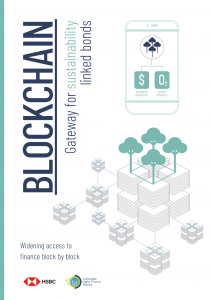
You can access the report here: https://www.sustainabledigitalfinance.org/initiatives-publications
Sustainable Digital Finance in Asia
Ryan K. Merrill and Simon JD Schillebeeckx with Sofie Blakstad (DBS/Sustainable Digital Finance Alliance, 2018)
hiveonline has been supporting the Sustainable Digital Finance Alliance since early 2017 with expert advice and research on applications of fintech to unlocking sustainable finance, including novel investment instruments, capital markets innovation and technical approaches to natural capital accounting.
Whitepapers
Digitizing VSLAs
Latif Amars and Sofie Blakstad
Village Savings and Loans Associations (VSLAs) are an enabler of financial inclusion in developing economies and especially women. These groups meet and invest regular amounts into a community fund. Villagers can apply to the VSLA for loans and hardship grants. Through the community approach, individuals can leverage the power of the group to minimize risk and increase their collective wealth and impact. Download the paper here.
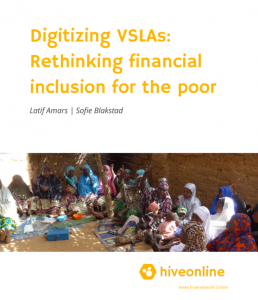
Microfinance
Sofie Blakstad
Microfinance Institutions (MFIs) today lend money to one of every ten people on the planet, the average interest rate charged is 40%, partly because of the very high cost of administration and risk of default, but also because their customers have no alternatives.
Unbanked micro-businesses in developing economies don’t have access to traditional financial services and often lack formal ID, leaving them unable to access loans from banks, and subject to exploitation from local lenders. Download the paper here
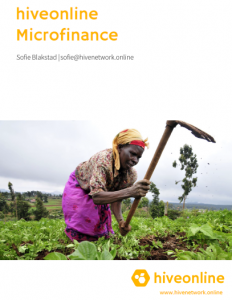
Green Bonds
Sofie Blakstad
The issuance of green bonds is subject to a complex validation process which disincentivizes organisations from issuing them, and results in limited availability for investors. Blockchain technology offers an opportunity to add transparency and confidence to green bonds, by defining and measuring criteria associated with sustainability that have traditionally required significant administrative effort to measure, in a transparent and low-
administration way. Download the paper here
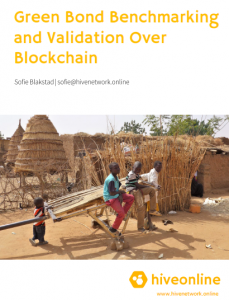
Scaling Green Finance
Sofie Blakstad
Appetite for green investments is growing rapidly with increasing public awareness of global warming, population growth, and increasing pressure on natural resources.
The OECD estimates that the annual low-carbon investment needs of China, Japan, EU, and US will be 2.6 trillion USD by 2035. The 2015 annual green bond issuance was only 40 bn USD with demand outstripping supply due to the cost of issuance and provenance administration, lack of confidence in and the lack of commonly accepted standards.
Download the paper here
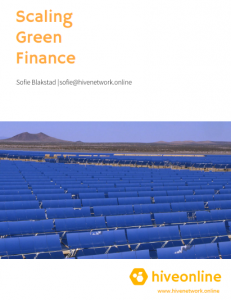
Aid Pipeline Management
Sofie Blakstad
Aid for disaster relief and longer-term development programmes attracts significant investment from governments, businesses and private individuals, but faces a huge logistical and reputational challenge. Typical aid donation scenarios involve a donation in one currency, which is converted to a second currency by the global NGO distributing the aid, then another currency in-country and possibly further conversions as global distributors are used to support
the emergency. Download the paper here
